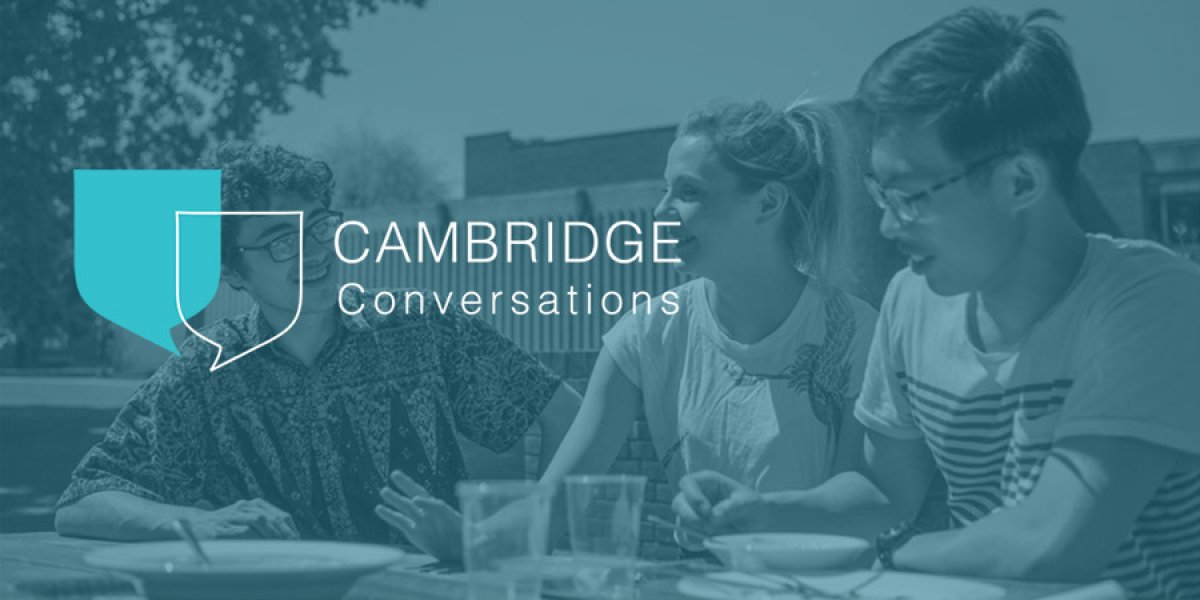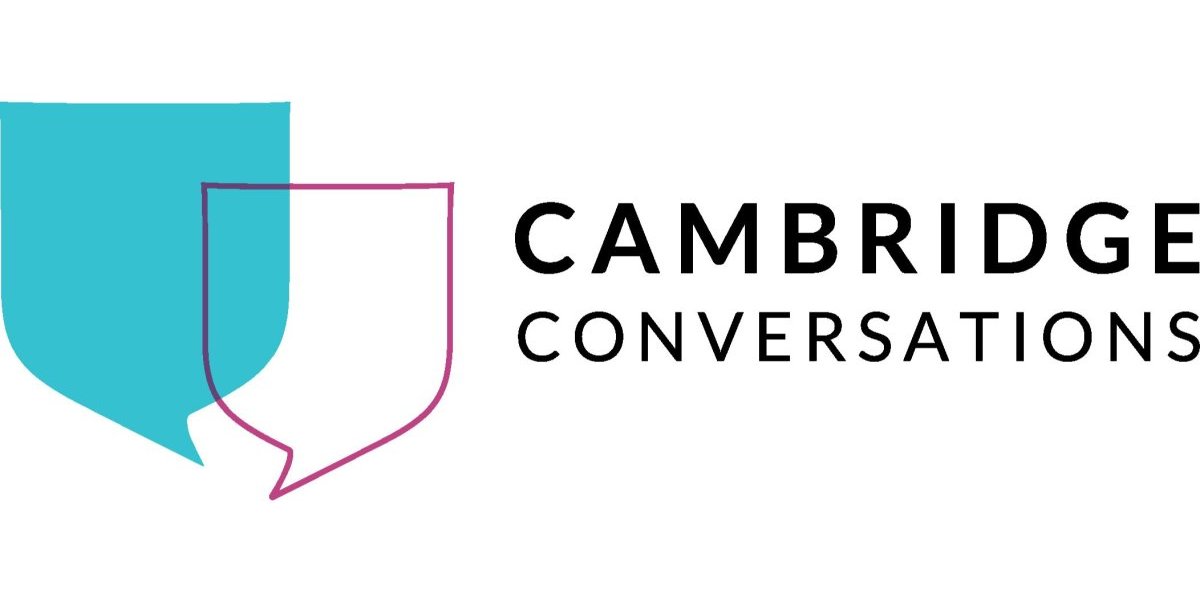Cambridge Conversations: Students — heart of Cambridge, key to our future
Cambridge Conversations: Students — heart of Cambridge, key to our future
For more than 800 years, Cambridge has been a centre of scholarship and learning — a place of pilgrimage for those who wish to study. Today, an offer from Cambridge is among the most sought after in the world, and our graduates equally sought after, as they go out to become leaders in fields from science to politics and from law to medicine.
Join us to meet some remarkable students who have been enabled to study at Cambridge through scholarships and bursaries, and whose research is potentially life-changing and even world-changing. Professor Graham Virgo, Senior Pro-Vice-Chancellor for Education, will lead an inspiring discussion about some amazing research. Student support has transformed these students’ lives, and they may well transform ours.
Speakers
Professor Graham Virgo (Downing 1984)

Professor Graham Virgo is the 19th Master of Downing College, Cambridge and holds a personal chair in English Law at the University of Cambridge.
He was appointed to a University Lectureship in the Law Faculty in 1992. In 2014 he was appointed Pro-Vice-Chancellor for Education in the University, and in 2018 became Senior Pro-Vice-Chancellor. In this role, Professor Virgo led major initiatives, including the creation of the Foundation Year programme, the launch of the Stormzy Scholarship for UK Black students and changes to provision for mental health and wellbeing. Professor Virgo read Law at Downing College in the mid-1980s, before heading to Christ Church, Oxford to read for the Bachelor of Civil Law degree. Intending to become a barrister, he attended Bar School in London, but was encouraged to return to Downing in 1989 as a Law fellow. Professor Virgo has held numerous roles within College, including Tutor, Director of Studies and he was the Senior Tutor for a decade. Professor Virgo continues to lead supervisions in law for undergraduate students at Downing, to conduct research and give legal opinions on his specialist area of restitution, most recently representing clients in the Supreme Court in London.
Nilesh Chatterjee (Christ's 2019)

Nilesh Chatterjee is a Harding Distinguished Postgraduate Scholar studying for a PhD within the Department of Pharmacology.
Nilesh’s PhD project involves the development of an original, novel, non-editing gene therapy that will initially be applied to broad spectrum cancer gene therapy. In brief, host gene expression will drive the activation of an exogenous, cytotoxic gene with the end goal of specific and sensitive targeted ablation of cancer cells without the need to modify the host genome.
Nilesh notes that his will to research is spurred by the need to help all living things! His current and future research, and other endeavours, will always try to address problems such as disease, death, the disparity in pharmaceutical access for the rich and poor, global warming, the extinction of biodiversity and overpopulation, in order to help people and the planet alike.
Rumbidzai Dube (Lucy Cavendish 2018)

Rumbidzai Dube is a Gates Cambridge Scholar studying for a PhD within the Department of Politics and International Studies.
Through her PhD research, Rumbidzai investigates the politics of territoriality within the contemporary regional politics of the African Union. She explores how historical trajectories of international law shape contemporary realities, by examining how the AU addresses questions of territoriality in maritime governance, the border politics of the continent and international criminal justice.
Before coming to Cambridge for the MPhil in African Studies (2019), Rumbidzai had studied law at the University of Zimbabwe (LLB-2007) and the University of Pretoria (LLM-2010). She also had over a decade of professional experience working in the development sector in Zimbabwe, South Africa, The Gambia, Ethiopia and Egypt with various NGOs, INGOs and IOs, including the African Union and the United Nations.
Sian Gooding (Fitzwilliam; Jesus 2017)

Sian Gooding is a Harding Distinguished Postgraduate Scholar studying for a PhD within the Faculty of Computer Science & Technology.
Sian’s PhD focuses on advanced natural language processing techniques for adaptive text simplification. There are multiple factors that can impact a reader’s ability to understand text, such as their first language, educational background and age. Adaptive text simplification aims to automatically adapt the complexity of text to suit different audiences. During her PhD, Sian will be implementing adaptive text simplification algorithms using both novel neural architectures and machine learning techniques. Additionally, she will be incorporating eye tracking data into these algorithms in order to more effectively simulate human responses to text complexity.
Sian was very fortunate to be raised by parents who encouraged scientific discovery, introducing her to a computer at a very early age and she has been experimenting ever since. Many people have inspired her to pursue a PhD, notably she had an excellent experience studying for the MPhil in Advanced Computer Science at Cambridge. She especially enjoyed working on her thesis which was supervised by Dr Ekaterina Kochmar and led to her pursuing text simplification as a research interest.
Booking information
Booking for this event is now closed.

